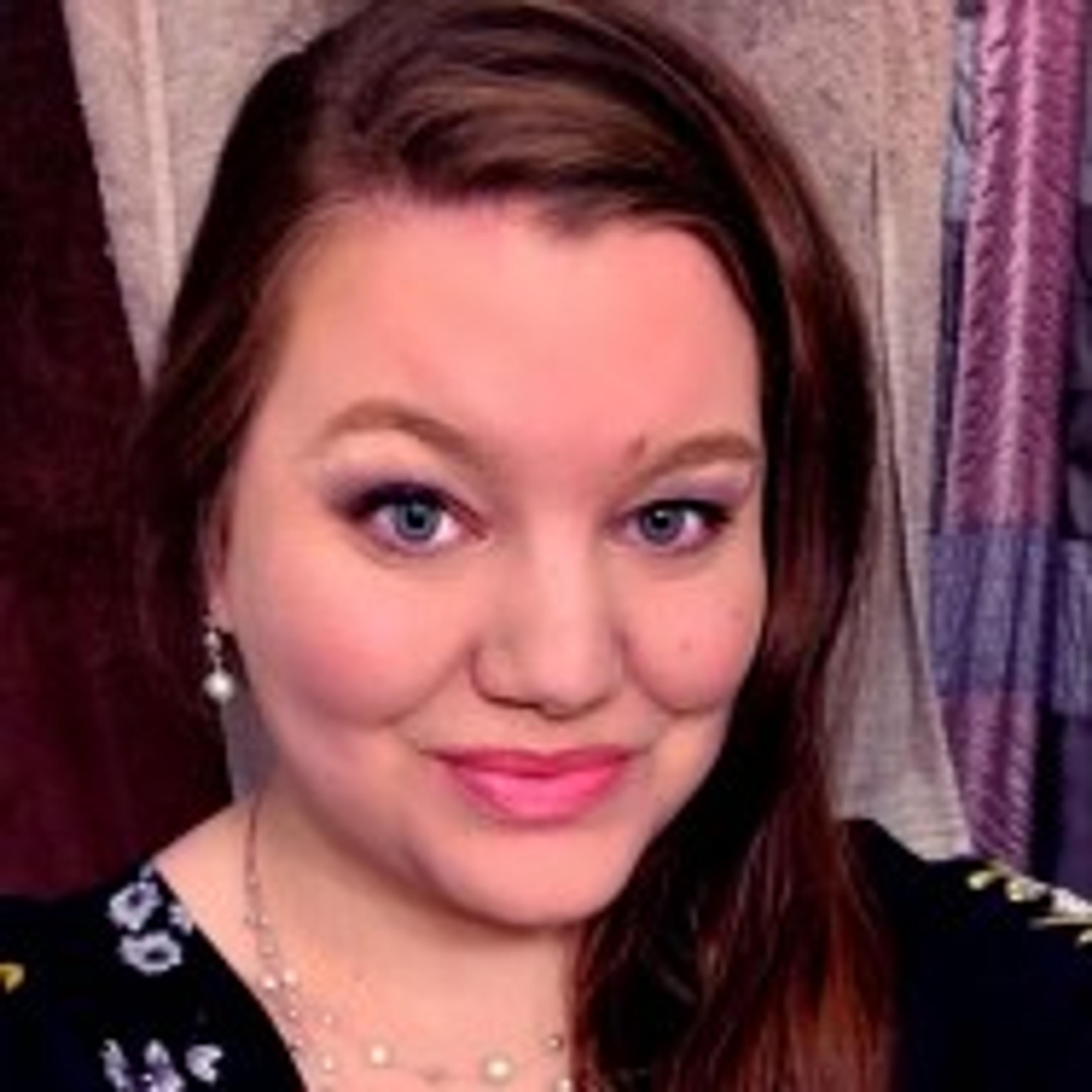Breast cancer from the perspective of a co-survivor

Kristin Coppens
| 4 min read

As Breast Cancer Awareness Month comes to a close, we continue to advocate for the education and awareness of the disease and the support for those affected throughout the entire year. Support, in general, abounds for the patients who become diagnosed with breast cancer. But what about the husbands, partners and other “co-survivors” who are affected by the diagnoses of their loved ones? What is their journey like?
Joe Ostreko, husband of breast cancer survivor, Lori Wolff, offered to shed light on his perspective of the process Wolff underwent and his role her support system. The overwhelming love, support and positivity rings clear through his reiteration of their story.
Kristin Coppens: Describe the diagnosis.
Joe Ostreko: A few weeks before the diagnosis, Lori was putting on a sports bra before going for a run. She felt something abnormal and asked me to feel it. It was a lump below the skin; I had no idea it was actually cancer that I was feeling. Lori went to the doctor’s office the next day. The doctor said it didn’t feel like cancer because it was very well defined but she could get an ultrasound if she wanted. She decided to get the ultrasound to err on the side of caution. After the ultrasound, it was determined that Lori would need a biopsy, which she had a day or two later.
Monday October 27, 2008, the day I will never forget. I was at a customer’s site working when Lori called me. The only thing she said was “they found cancer”. I told her I would meet her at home. The drive home was a blur. The day after the diagnosis, Lori had an appointment with Dr. Jamie Caughran, her surgical oncologist. I asked Lori if she wanted me to go with her. She said, “no…” That was a mistake. She called me about 10 minutes into their discussion and said I needed to be there. It was decided Lori would have a bi-lateral mastectomy followed by reconstruction and, possibly, chemotherapy and radiation.
KC: What was your first thought/reaction?
JO: At first I was in shock, I really didn’t know what to expect. Sitting at my desk the next day was hard. I didn’t get much work done that day.
KC: What steps did you take as a co-survivor?
JO: There were two weeks between diagnosis and surgery. The most helpful thing was Lack’s Cancer Center’s multi-disciplinary meeting. This was a meeting for us, family, and friends to ask the team of doctors, nurses and social workers from Lack’s anything we wanted to know in order to help us understand what the next few months were going to bring. Also, during these two weeks we prepared the house for Lori by installing a hand held showerhead. I contacted our insurance company to make sure I could talk to them on Lori’s behalf. I wanted to figure out how much out of pocket cost we would have. Luckily we had good insurance and the medical bills didn’t sink us. I think it was important for me to take care of the finances so Lori wouldn’t have to worry about it. We also had to have the uncomfortable, but real, conversation about a living will.
KC: What do you believe was essential in those steps?
JO: Getting in touch with our insurance provider and becoming familiar with covered services, out of pocket charges, etc. Also, getting in touch with other survivors and getting some tips on what helped them out in the recovery process.
KC: How did the diagnosis take its toll on you and your role as a co-survivor?
JO: I don’t think the diagnosis took a toll on our relationship. It made it better. There were some special bonds we made following her surgeries. I ended up helping her out with day-to-day activities that were difficult for her to perform by herself, post surgery.
KC: What advice do you give to other co-survivors?
JO: Surround your family with a good network of people. We had lots of friends and family to help with meals and rides to appointments.
What do you find to be the best form of support for those affected by breast cancer in your life?
Photo credit: Fifth World Art





